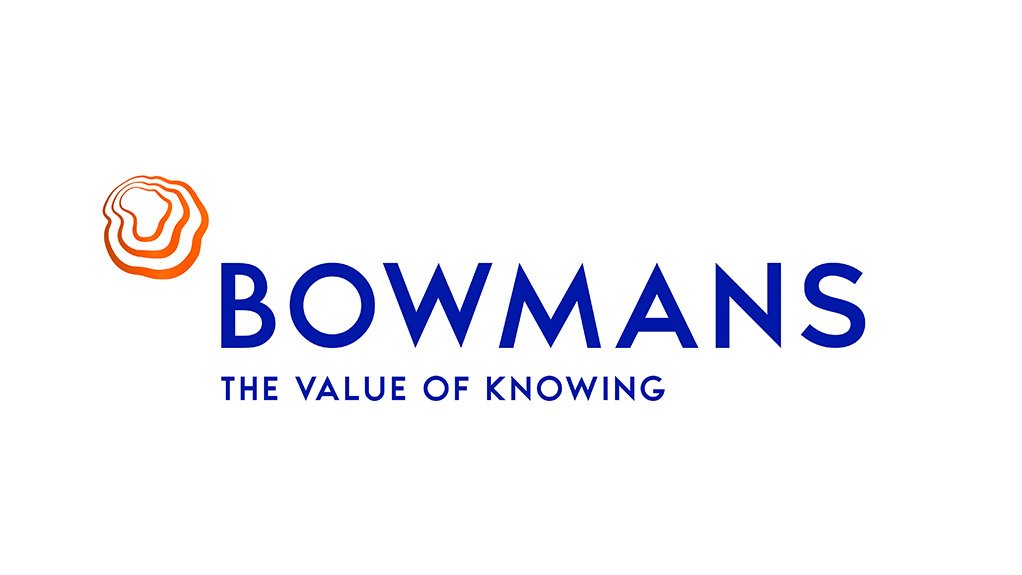The High Court of Kenya recently declined to interfere with a decision by the Registrar of Trade Marks to allow evidence after the hearing of an opposition matter. In the case of Republic v Assistant Registrar of Trade Marks ex parte Strategic Industries Limited and another [2006] eKLR, the Applicant, Strategic Industries Limited made an application for orders of judicial review seeking relief against the decision by the Registrar of Trade Marks to accept evidence after the hearing of opposition proceedings.
The background of the matter is that Rebbeca Fashion (Kenya) Limited, the interested party to the proceedings had applied for the registration of the mark ‘Freedom’. The mark had advanced for advertisement in the Industrial Property Journal of 31 May 2011.
The Applicant, Strategic Industries Limited, issued a notice of objection to the application to the interested party. The Applicant’s cause of concern was that the proposed registration of the mark would interfere with its exclusive rights to the mark. The applicant thereafter proceeded to file a notice of objection with the Registrar of Trade Marks; the respondent in the High Court case.
The interested party after the Registrar had issued a date for ruling of the matter, applied for leave to file further evidence under the Trade Mark Rules. The application for leave which was opposed by the applicant, was heard by the respondent who ruled in favour of the interested party allowing it to file further evidence.
This ruling by the respondent was the crux of the applicant’s High Court application. The applicant argued that the leave to adduce further evidence under rule 52 of the Trade Mark Rules was only applicable before the hearing of the matter. In response, the interested party contended inter alia that the application to add evidence did not determine the rights of the parties as the applicant still reserved the opportunity to counter the evidence at the main proceedings.
Further, it argued that upon the conclusion of the opposition proceedings, the applicant reserved the right to appeal the respondent’s decision and raise all the points of law that contravene the letter and spirit of the law. If the High Court interfered with the Registrar’s decision at that point, the interested party submitted that the court would be interfering with the independence of the respondent and it would be tantamount to operating as a trial court and later sit an appeal of its own decision.
In its determination, the High Court was persuaded by the interested party’s arguments. It considered that the sole issue for determination was whether the Registrar had the discretion to permit further evidence to be adduced under rule 52.
Odunga J, opined that rule 52 allowed the Registrar the power to allow parties to lead further evidence at any time. Further, that the respondent had exercised statutory discretion in allowing the interested party to file further evidence.
In his judgment the learned judge noted that the court will sparingly interfere with the decision of an inferior body. The court determined that whether the registrar was justified or not to exercise her discretion was a matter that went to the merit of her decision which decision could only be challenged by way of appeal and not judicial review.
Judicial review in the court’s finding, is a judgment of the lawfulness rather than the wisdom of the decision. This decision confirms that a writ of judicial review is a special remedy used in the most deserving circumstances. The judicial review court will scarcely interfere with ongoing proceedings before the Registrar of Trade Marks or other administrative body unless an applicant can show that such proceedings are unlawful.
In the absence of such evidence, a party must wait for the conclusion of the proceedings and file an appeal if it is aggrieved by the decision thereto. Strikingly, it appears that the interpretation of Rule 52 is that parties can make an application to file further evidence even after the submissions have been made before the Registrar as long as a ruling has not yet been delivered.
Written by John Syekei, partner and head of IP, Bowmans Kenya
EMAIL THIS ARTICLE SAVE THIS ARTICLE
To subscribe email subscriptions@creamermedia.co.za or click here
To advertise email advertising@creamermedia.co.za or click here











